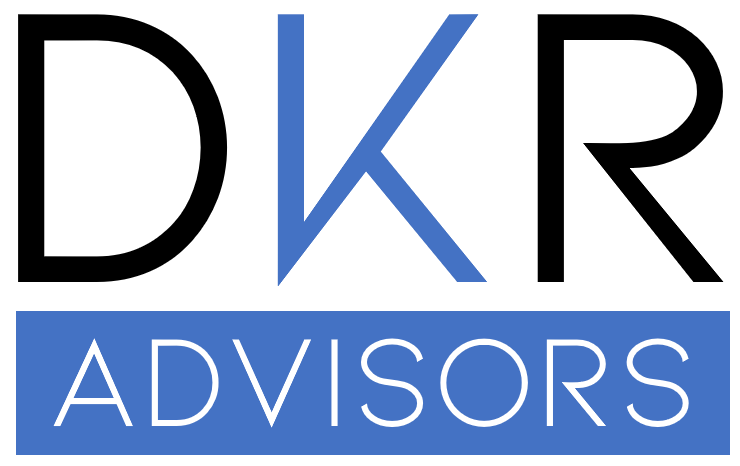
Revolutionizing Total Compensation in the Tech Arena: A Blueprint for Success
In the dynamic realm of the technology sector, where talent is both a prized possession and a hot commodity, mastering the art of total compensation is a strategic game-changer. As we delve into the various components, let’s dissect and elevate the key facets of a compensation strategy that not only attracts top-tier talent but propels a company toward sustained success.
Navigating Key Principles for Total Compensation Excellence:
Alignment with Corporate Goals:
Align compensation programs with the overarching goals of the organization, ensuring that employee incentives are intricately tied to the company’s success.
Performance-Driven Incentives:
Design transparent and performance-driven programs, with variable compensation components strategically crafted to be easy to comprehend, directly correlated with individual and company achievements.
Transparency Breeds Understanding:
Advocate for transparency in compensation structures to provide a clear line of sight into performance-related earnings, fostering a healthier employer-employee relationship.
Governance Aligned for Success:
Ensure effective governance by aligning compensation programs with shareholder interests, motivating employees while contributing to the company’s long-term success.
The Four Basic Components of a Tech Comp Package:
1. Base Salary: The Bedrock of Employee Assurance:
A competitive base salary serves as the cornerstone, the reliable bedrock upon which employees can confidently stand, knowing their day-to-day efforts are recognized and valued. On an annual basis, assuming the company can afford it at the time, there should be an increase that varies depending on performance.
2. Bonuses: Linking Triumphs to Tangible Achievements:
Bonuses, a powerful motivator, find their strength in being intricately tied to specific objectives. From individual key tasks to overarching company financial triumphs, bonuses should not be an entitlement but a testament to the collective success of the organization. The higher the role, the more tethered to the core financial health of the company. Creating a culture that sees bonuses as something that is earned rather than expected is powerful.
3. Benefits: A Shield Against Worries:
In a landscape marked by innovation and constant change, employees shouldn’t be burdened by concerns about healthcare or other benefits for their families. Offering competitive benefits that meet or exceed industry standards ensures that employees can focus on their work without the distraction of financial worries. A robust benefits package is not just an addition; it’s a shield against uncertainties.
4. Equity: Performance Recognition:
In the tech sector, equity is more than a buzzword; it’s an expectation. Allowing employees, not just top executives, to participate in equity programs establishes an inclusive culture. It recognizes that every individual, from software developers to project managers, contributes to the company’s growth and success. Tailored programs, such as annual equity grants refreshable for the top performers, ensure that equity becomes a tangible recognition of individual excellence and a powerful incentive for sustained high performance. With no real retirement programs at tech companies these days, many employees view equity as their avenue to retirement and provide incentives for the team to drive the company success.
Beyond Financial Incentives: A Comprehensive Approach:
The leaders of today recognize that total compensation and keeping an employee engaged is more than just the financial incentives. Other key areas include:
Clear Communication: Enhancing Understanding and Appreciation:
Transparent communication about the components of total compensation is vital. Employees should not only be aware of the various elements but also understand how each contributes to their overall compensation package. This transparency not only fosters appreciation but also empowers employees to make informed decisions about their professional future within the organization.
Professional Development Opportunities: Investing in Growth:
In the fast-paced tech industry, continuous learning is a cornerstone of professional development. Including opportunities for skill enhancement, certifications, and career growth in the total compensation package demonstrates a commitment to investing in employees’ long-term success. This can be a powerful retention tool, especially in an industry where staying relevant is key.
Recognition and Rewards: Celebrating Milestones:
Beyond the tangible elements of compensation, recognition and rewards play a crucial role. Establishing a culture of celebrating individual and team achievements, whether through formal recognition programs or team-building events, contributes to a positive work environment. This intangible aspect of compensation significantly influences job satisfaction and overall employee experience. It is key that the senior management team and the board are aligned on this matter.
Flexibility: Tailoring to Individual Needs:
The tech workforce often values flexibility in work arrangements. Offering flexibility in work hours, remote work options, or compressed workweeks can enhance the overall compensation package. In a world where work-life balance is a priority, this flexibility can be a key differentiator in attracting and retaining top talent.
Whether it is providing input on your current compensation program or creating a new one, DKR Advisors stands by ready to assist.
David Raun
DKR Advisors
www.dkradvisors.com
dave@dkradvisors.com


